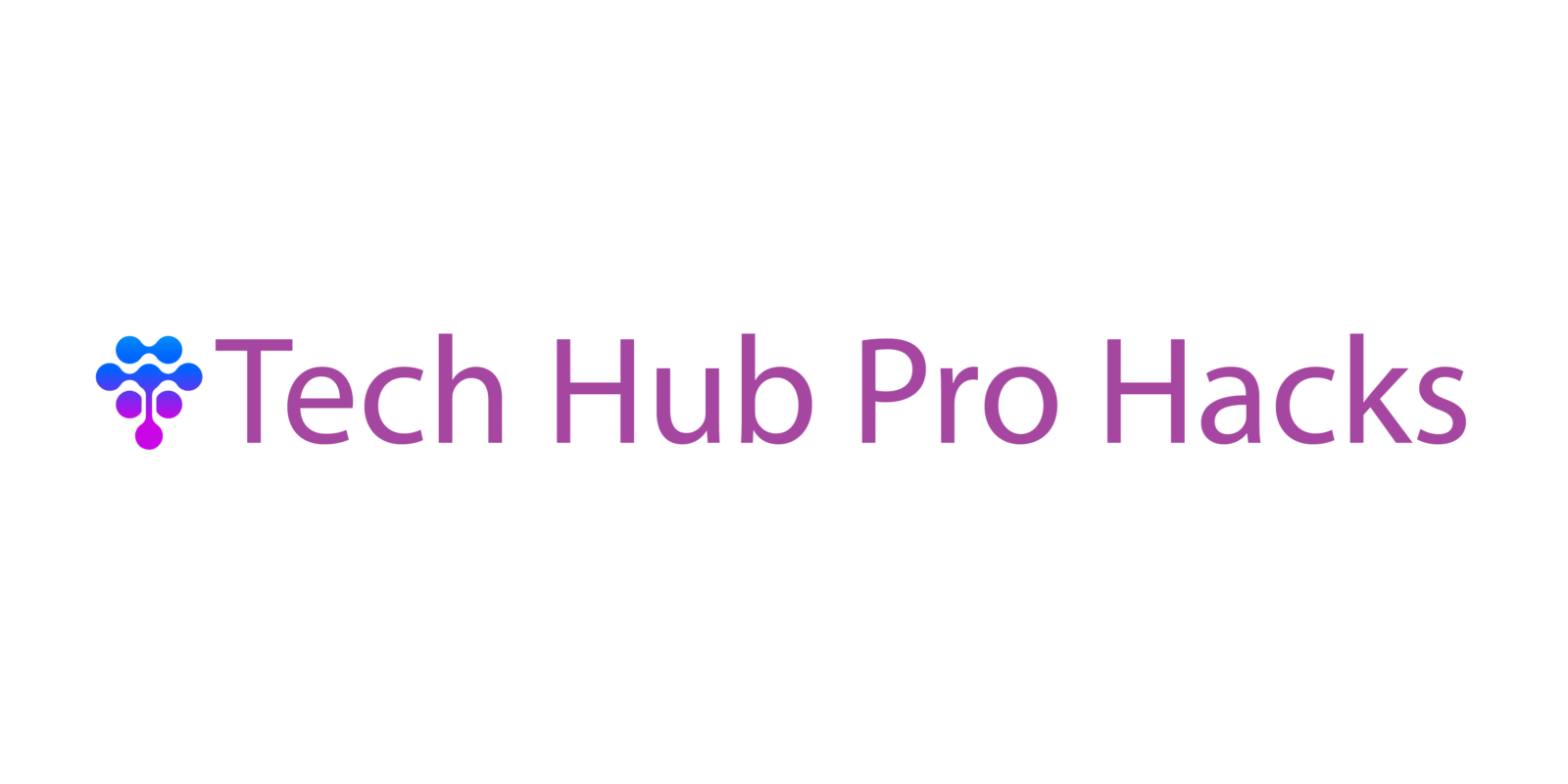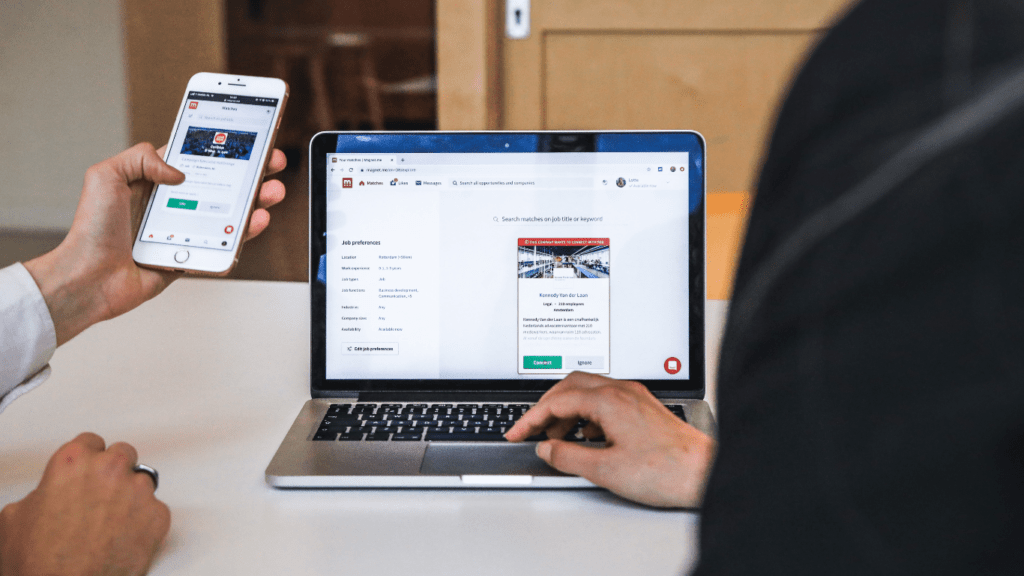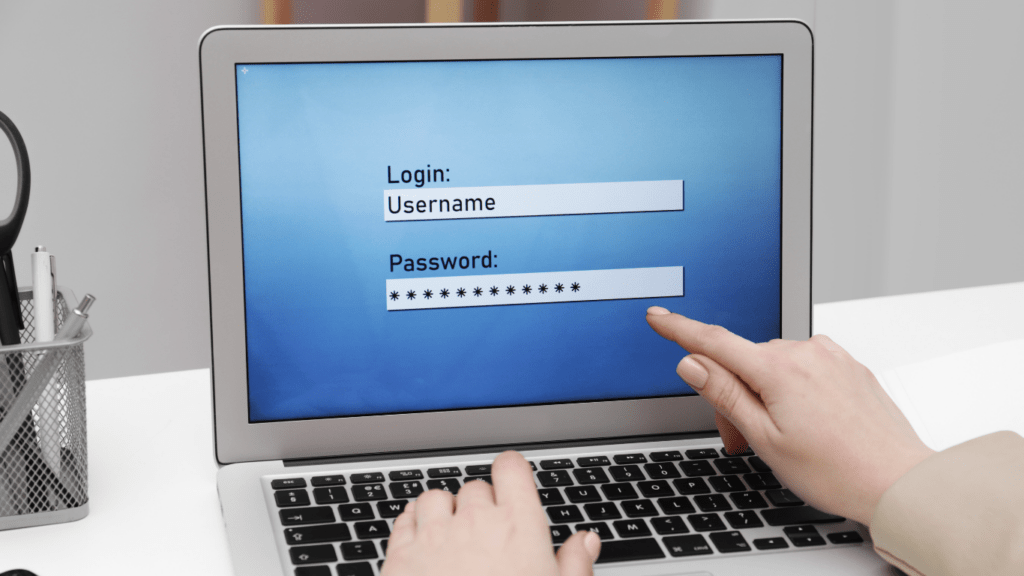Understanding Online Privacy
Online privacy involves controlling the data you share on the internet and knowing who can access it. Every time you use social media, shop online, or search on Google, you leave a digital footprint. These actions generate data that can be tracked, analyzed, and sometimes exploited without your knowledge.
- Personal Information Risks
Personal information, like names and email addresses, can be collected and sold to third parties. For instance, advertisers may use this data to target you with personalized ads. More critically, hackers might exploit it to commit identity theft or other frauds.
- Tracking Technologies
Websites often use tracking technologies such as cookies and pixels. Cookies store small snippets of data from your web activity, while pixels track your interactions with ads. Both are useful for site functionality and analytics but can compromise privacy if misused.
- Privacy Policies
Websites and apps usually have privacy policies that outline how your data is used and protected. It’s crucial to read these policies before sharing personal information. Companies often update these policies, so staying informed helps you maintain control over your data.
Given these aspects, it’s clear that understanding how online privacy works is essential for any internet user. It’s not just about keeping secrets; it’s about ensuring your personal information stays in the right hands.
Best Practices for Password Security

Ensuring password security is essential for protecting your online privacy. Implementing simple yet effective strategies can significantly safeguard personal information.
Creating Strong Passwords
Strong passwords are critical for online security. A strong password comprises at least 12 characters, including a mix of uppercase and lowercase letters, numbers, and symbols. Avoid using easily guessed information like birthdays or common words. For example, a weak password like “password123” is easily cracked compared to a robust option like “G4@8!zX9aP1R.” The complexity makes it harder for hackers to access accounts.
Using Password Managers
Password managers enhance security by storing and managing passwords in an encrypted format. Instead of remembering multiple passwords, users keep track of a single master password. Popular password managers like:
- LastPass
- 1Password
- Dashlane
offer features such as password generation, autofill, and secure storage. This approach reduces the risk of using weak or duplicate passwords, ensuring better overall protection across multiple accounts.
Safe Browsing Habits
Adopting safe browsing habits can significantly enhance online privacy. Small adjustments in behavior while surfing the internet make a big difference.
Clearing Browsing History
Regularly clearing browsing history minimizes the data stored on your device. Browsers like Chrome and Firefox store visited site information, which third parties can access. To clear history, navigate to your browser’s privacy settings and select the option to delete browsing data. This reduces the trails left behind that could compromise privacy.
Using Private Browsing Mode
Using private browsing mode prevents browsers from saving your activity. All major browsers, including Safari and Edge, offer this feature. When engaging in private browsing, cookies and history aren’t stored, making it harder for websites to track your activities. For instance, use Chrome’s Incognito Mode or Firefox’s Private Window to enhance your online privacy.
Securing Your Social Media Accounts
Protecting your social media accounts is crucial for maintaining online privacy. Follow these steps to ensure your accounts are secure.
Adjusting Privacy Settings
Regularly review the privacy settings of your social media accounts to control who can view your information. Use the settings to limit the visibility of your posts, photos, and personal details to trusted contacts. For example, Facebook allows users to customize audience settings for each post, while Instagram offers options to make accounts private. Ensure location sharing is disabled unless necessary to prevent unauthorized access.
Recognizing Phishing Attempts
Stay vigilant for phishing attempts that can compromise your social media accounts. Look for red flags such as unsolicited messages asking for personal information, links to unfamiliar websites, or poorly written content. Verify sender authenticity before clicking on links or sharing personal details. Use two-factor authentication on platforms like Twitter and LinkedIn to add an extra layer of security and receive notifications for suspicious login attempts.
Utilizing VPNs and Proxies
Protecting online privacy becomes easier by using VPNs and proxies. These tools add layers of security, making it harder for others to track your online activities.
Benefits of VPNs
VPNs (Virtual Private Networks) offer several advantages. They encrypt internet traffic, making it unreadable to unauthorized persons. This is crucial when using public Wi-Fi networks in places like cafes and airports, where data can easily be intercepted. VPNs also mask your IP address, enhancing anonymity. This not only prevents websites from tracking your location but also allows you to access content restricted by geographic locations. Using a VPN can even help avoid bandwidth throttling by ISPs during heavy internet usage.
Selecting a Reliable Proxy
Choosing a reliable proxy is essential. A good proxy server masks IP addresses effectively, providing some level of anonymity. It’s particularly useful for tasks like web scraping, bypassing geo-restrictions, or managing multiple social media accounts. When selecting a proxy, ensure it supports the required protocols (HTTP, HTTPS, SOCKS) and offers a high level of uptime to minimize disruptions. Additionally, consider whether the proxy provider maintains logs of your activity, as this can impact your privacy. Reliable providers such as Smartproxy, Oxylabs, and Bright Data offer transparent policies and robust service reliability.
Encrypting Your Communications
Encrypting communications ensures that only intended recipients can read the messages. This adds a crucial layer of security for online privacy.
Email Encryption Tools
Email encryption protects the content of emails from being read by unauthorized parties. For instance, ProtonMail and Tutanota encrypt emails end-to-end, ensuring that messages remain private. OpenPGP, another powerful tool, allows encryption and digital signing of emails using public and private keys. Using these tools ensures that even if someone intercepts your emails, they can’t read the content without the correct decryption key.
Secure Messaging Apps
Secure messaging apps prevent unauthorized access to private conversations. Apps like Signal and Telegram offer end-to-end encryption, making sure that only the sender and recipient can read the messages. Signal also allows you to verify the identity of your contacts, adding another layer of security. With features like disappearing messages and screenshot protection, these apps provide comprehensive privacy for your communications.





